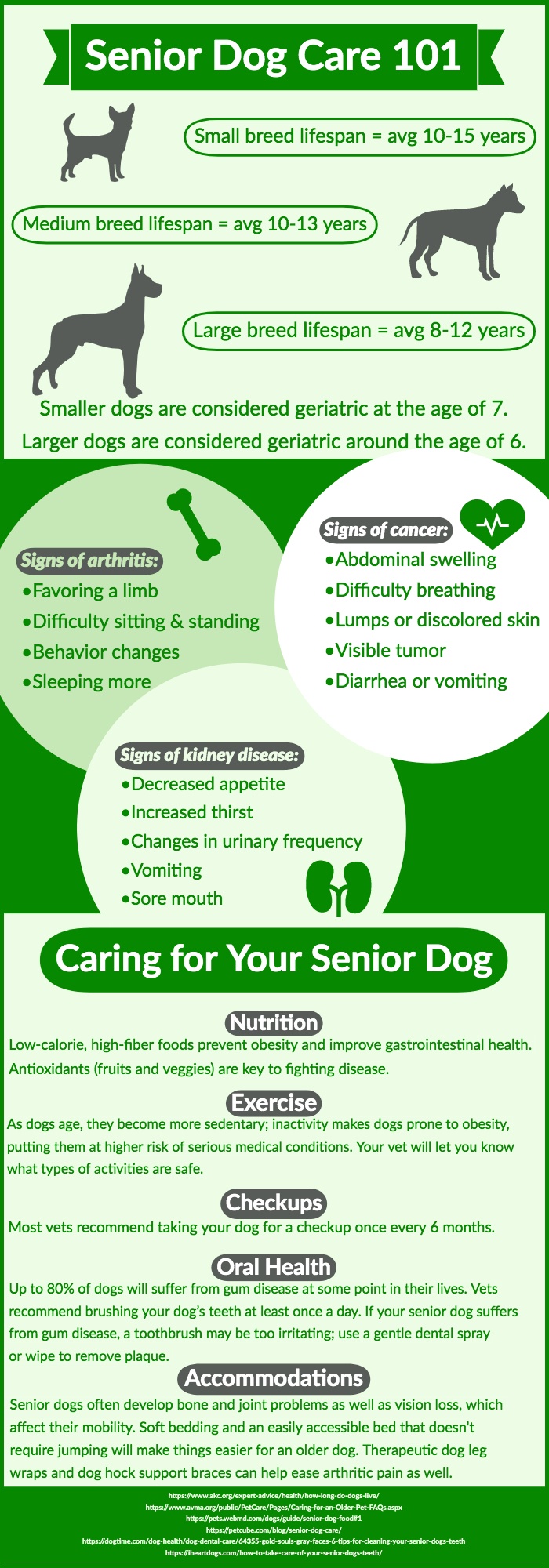Pet dogs in day care get great deals of exercise, socialization with other dogs and unique experiences. This can be particularly useful for puppies and canines with behavioral issues.
There are numerous legal considerations you require to consider when beginning a dog daycare service. These include the structure of your organization and compliance with federal government regulations.
1. Dog Distemper
Canine distemper is spread out with straight contact with the bodily fluids and waste of a contaminated canine, yet it can also be transferred using shared water and food bowls or via airborne droplets. This very infectious ailment is most harmful for pups, however it can influence canines of any kind of age and is fatal for a lot of if left neglected.
First symptoms of canine distemper commonly imitate an acute rhinitis, including drippy eyes and nose with watery or pus-like discharge. As the condition advances, a pet will establish high temperature, coughing, decreased cravings, vomiting and looseness of the bowels. The infection can also assault the nervous system, leading to seizures, shivering and partial or complete paralysis.
Respectable daycares lower exposure to infection by requiring inoculations, routine health examinations and follow rigorous hygiene protocols. If your dog seems overly worn out or limping, a day off might help him recoup, however you should stay clear of taking him back to childcare up until these symptoms clear.
2. Kennel Coughing
Kennel cough, also called contagious canine tracheobronchitis or Bordetella, is a highly contagious viral or microbial illness that affects the respiratory system system. It's typically transferred through the exchange of saliva or air droplets that a sick canine breathes out. Social dogs go to greater threat for infection as a result of their regular interaction with one another, such as when they play, share food or water, sniff one another or simply fulfill in a jampacked setting like a pet dog park or day care.
The most common symptom of kennel coughing is a relentless and strong coughing that sounds like something stuck in the throat or retching. Frequently, dogs will certainly divulge foamy white phlegm. If left without treatment, a canine can develop pneumonia and be at dog.boarding near me significant threat forever.
A credible day care facility should have rigorous cleansing and cleanliness protocols, sanitize all playthings, food and water bowls on a regular basis, and be open regarding their vaccination plans. Maintaining your canine up to day on their inoculations, specifically for bordetella and canine flu, will considerably decrease their chances of getting the health problem.
3. Parvovirus
Canine parvovirus, or parvo, is an extremely contagious viral ailment that can be harmful for pups and young person canines with poor body immune systems. It's most frequently spread by direct contact with contaminated pet feces-- which can occur when canines sniff, lick, or preference contaminated feces-- and indirectly from contaminated people, things, or atmospheres (like kennels, grooming areas and yards). Young puppies and dogs without full inoculation histories are especially at risk to parvo.
The virus is extremely resistant, making it through in the environment for approximately 9 years, and can easily be moved between dogs by call with feces or on shoes, clothing, and bed linens contaminated with parvovirus. Otherwise treated instantly with IV liquids, electrolyte equilibrium, vomiting control medicines and antibiotics to stop additional bacterial infections, a pet dog will rapidly dry out and establish extreme diarrhea, which brings about shock and sepsis. Parvo is difficult to treat once a pet dog has come to be ill, but with proper veterinary treatment, many young puppies do endure this ailment.
4. Canine Influenza
Dog flu virus is highly infectious and spreads via direct contact, sharing food and water bowls, licking or nuzzling other pet dogs, via air-borne droplets, and through polluted surface areas. Inoculation works in reducing the risk of infection and break outs.
A lot of influenced pets develop a mild respiratory infection with a cough that lasts 1-3 weeks. They might additionally have nasal and eye discharge, sneezing, and sleepiness. Some of the most major instances result in pneumonia and a high fever.
If your canine shows any of these signs, do not bring them back to childcare until they are healthy. If your pet is showing indications of severe fatigue or limping, speak to your vet right now and see to it they are on health supplements to aid build their immunity. A vet will certainly evaluate your canine for signs of the influenza by taking a sample from the nose or throat, and blood tests can be done to verify.
